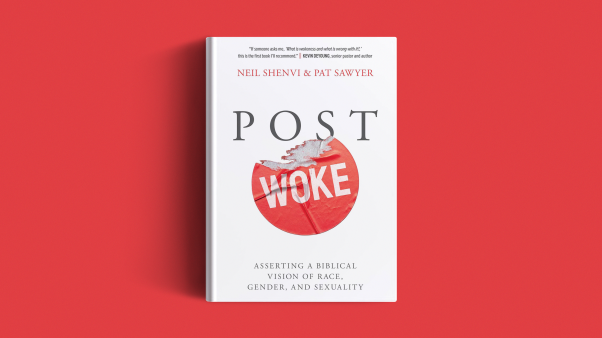Joe McKeever is known for his cartoons. Joe, the pastor of First Baptist Church of Kenner, Louisiana, has an equally artful way of preaching controversial issues without making people mad.
Pastors must confront people about sinful attitudes and actions. Isn’t that part of the job?
Yes. An older pastor told me once that people are mired in quicksand. The pastor throws a rope, but if he jerks the rope to lift them out it’ll break. Slow, steady pressure is the way to lift them up. Sometimes direct confrontation—the harangue—is like jerking the rope.
While the Civil Rights movement was going full speed, I preached that God, who made all people, seemed to be colorblind, and demanded that we be also. Not a revolutionary message today, but at the time it stirred a response from my Deep South congregation.
I’ve wished the Lord would deliver me from the need to preach on such subjects. I have had to address homosexuality, child abuse, abortion, politics, divorce. What God did was to deliver me from the confrontation.
So how do you confront without affront?
I came by the technique by accident. I stopped at a family-style restaurant one time and as I was seated, two older fellows brought their trays and sat across from me. One man engaged me in conversation, the other was silent. We talked about the governor’s race and the segregationist candidate who he supported. “Tell me one verse in the Bible that condemns segregation,” the old man said to me.
As I swallowed and prepared a response, the silent partner spoke up: “‘Love thy neighbor as thyself.'” I’ve told the story in great detail many times, and I always let the quiet man make my point for me.
So the argument is not between the preacher and listener.
Right. By putting the words in another person’s mouth, I take myself out of the picture and give the hearer a far better chance of receiving the message. Playwrights do this. When the writer raises a controversial question, he invents a character to take his position. The audience listens to it and no one vents anger on the author for saying such things.
Nathan confronted David this way: “A poor man had one ewe lamb.” Jesus confronted the lawyers: “A certain man was going down from Jerusalem to Jericho.” There are times when only courageous confrontation will do. But the wise preacher will know the value of an anecdote to get across a point with as little collateral damage as possible.
Copyright © 2003 by the author or Christianity Today/Leadership Journal. Click here for reprint information onLeadership Journal.









